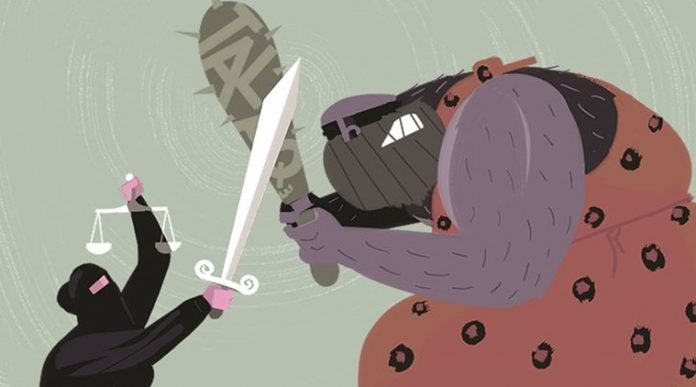ALL YOU NEED TO KNOW ABOUT THE LATEST DEVELOPMENTS IN TRIPLE TALAQ HEARING
The Supreme Court has concluded its historic hearing on triple talaq, but reserved its order.
The six-day hearing was conducted petitions challenging:
- triple talaq,
- polygamy and
- ‘nikah halala’.
It was heard by a five-member Constitution bench of the apex court which included judges from different religious communities as named as:
- CJI J S Khehar (Sikh)
- Justices Kurian Joseph (Christian),
- R F Nariman (Parsi),
- U U Lalit (Hindu) and
- Abdul Nazeer (Muslim).
During the final stages of the hearing, the All India Muslim Personal Law Board (AIMPLB) agreed to issue an advisory to all qazis (Islamic jurists) to ascertain women’s view on triple talaq and put it in the marriage contract, the nikahnaama.
Here are the latest developments:
- On 17th may 2017, the apex Court had suggested that the Centre could put in place a law to deal with issues, including unilateral triple talaq.
- The five-judge Constitution bench also asked the Centre as to why it did not legislate to regulate marriages and divorce among Muslims.
- The bench has also asked the All India Muslim Personal Law Board (AIMPLB) if it was possible to give the woman the option, that the marriage she was entering into would not be dissolved through instant triple talaq, , before she gives her consent to nikaah.
- Steps taken to reform Hindu practices like the abolition of Sati, infanticide and Devadasi system when the Attorney General referred to, Justice Kurian said that all these abolitions were legislatively decided.
- The court described the issue before it as an intra-minority issue between Muslim men and women and not between the majority and the minority communities.





